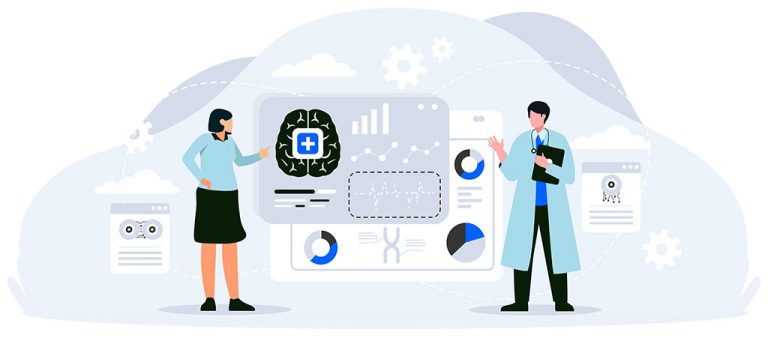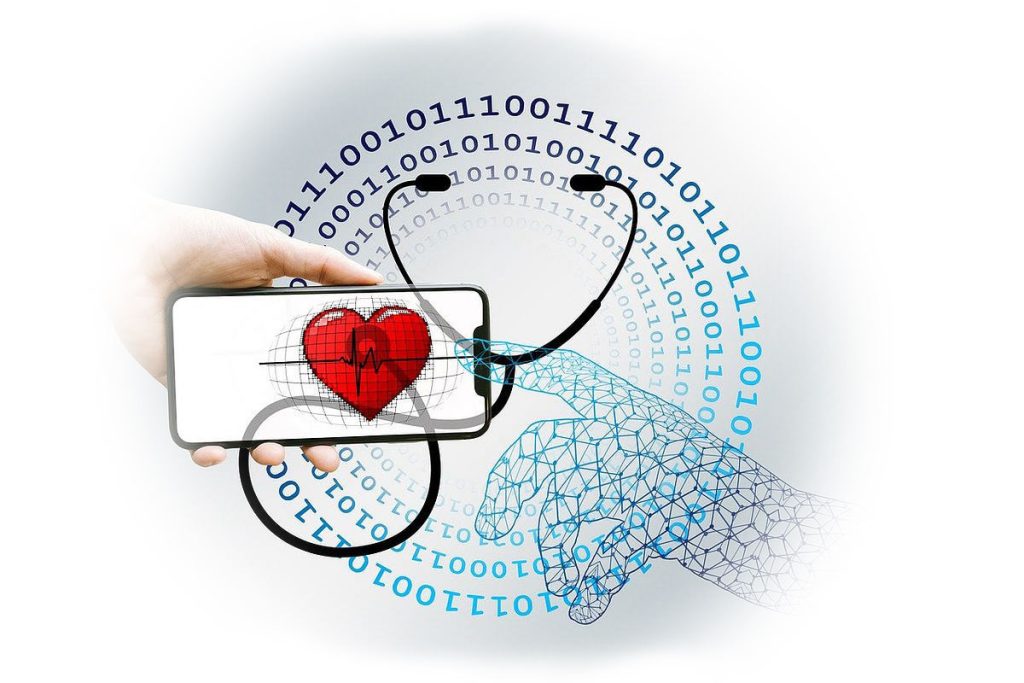Data is proliferating rapidly worldwide. The volume of data produced annually grows twofold every three years, and it is projected to have reached a staggering 79 zettabytes by 2021. However, raw data possesses minimal value until it undergoes processing to become relevant and applicable for human utilization. The healthcare sector, in particular, generates massive quantities of data on a daily, hourly, and minute-by-minute basis, catering to millions of individuals. Nevertheless, there is a challenge in effectively analyzing this data to enhance patient results and optimize operational efficiency within hospitals. Data is proliferating rapidly worldwide. The volume of data produced annually grows twofold every three years, and it is projected to have reached a staggering 79 zettabytes by 2021. However, raw data possesses minimal value until it undergoes processing to become relevant and applicable for human utilization.


The healthcare sector, in particular, generates massive quantities of data on a daily, hourly, and minute-by-minute basis, catering to millions of individuals. Nevertheless, there is a challenge in effectively analyzing this data to enhance patient results and optimize operational efficiency within hospitals.
According to a report by Grand View Research, the global market for data analytics in healthcare was valued at $26 billion in 2019. It is anticipated to exhibit an annual growth rate of 7.5% from 2020 to 2027. Our work focuses on uncovering valuable insights from health data to enhance the quality of healthcare services for both individuals and clinicians.
Our goal is to enable informed care delivery by leveraging medical data analytics, a complex process that involves examining historical or current data to extract underlying information, predict hidden patterns, identify unknown correlations, and understand market trends for informed decision-making.
We employ Artificial Intelligence (AI) and Machine Learning (ML) data analytics tools to augment and enhance the work of medical professionals rather than replacing them. By innovating in this field, we aim to assist decision-makers in addressing the challenges currently faced by the healthcare system. Our technology has the capacity to handle substantial volumes of data, both structured and unstructured. It generates hypotheses for users to consider, providing a confidence level for each insight and decision.
Once our technology becomes widely adopted in the healthcare sector, we anticipate making a significant impact on society as a whole, delivering tangible public benefits.




